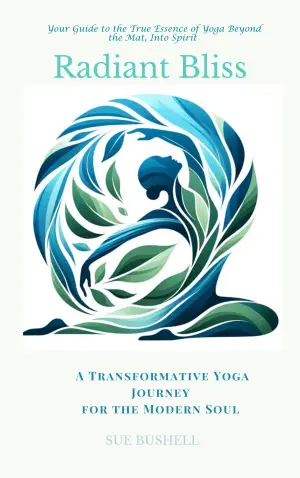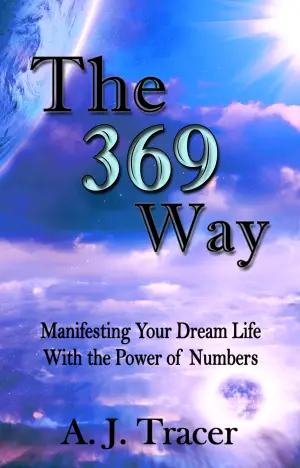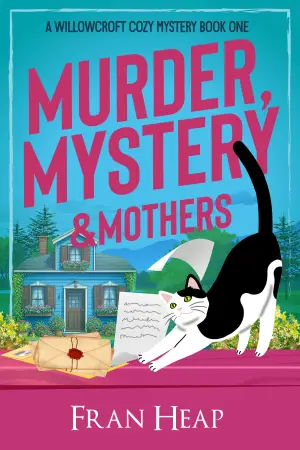A Journey Through “A Map to Paradise”
There’s something about diving into the glamorous yet turbulent world of 1950s Hollywood that always draws me in. When I discovered that Susan Meissner, the author of the exquisite Only the Beautiful, had released a new novel titled A Map to Paradise, my heart skipped a beat. Could she capture the intricate narratives of friendship, struggle, and resilience in such a captivating setting? I was eager to find out, and though my expectations were sky-high, I found a story that, while not flawless, offered many rewarding moments.
The novel centers on Melanie Cole, a black-listed actress desperately navigating the fallout of McCarthyism, and her agoraphobic friend Elwood, whose confined existence provides a contrasting backdrop to Melanie’s glamorous yet precarious life. Together with Elwood’s sister-in-law, June, the trio weaves a narrative rich in friendship and secrecy, evoking a deep sympathy and connection.
Meissner’s exploration of McCarthyism is particularly striking. The way she captures the fear that permeated Hollywood in that era, where an accusation could destroy lives, resonates on a personal level. The dynamic between Elwood, June, and Melanie really showcases the enduring strength of relationships amidst adversity. I especially enjoyed June’s audacious “solution” to their collective struggles; it added a delightful twist that left me wondering about the lengths people will go to for those they care about.
The writing style is fast-paced, almost uncharacteristic for historical fiction, which I found refreshing. Meissner knows how to pull you into the lives of her characters without bogging the narrative down with excessive details. Each page turned quickly, particularly in the build-up of the mystery surrounding Elwood’s disappearance.
However, my experience wasn’t without its hiccups. Eva’s points of view felt less engaging, diverting my focus at times, particularly concerning her past. Additionally, I noticed a slowdown in pacing during the second half of the book, where the build-up seemed to lose some of its momentum. The ending, while neat and tidy, left me longing for a bit more depth—perhaps an acknowledgement of the messy realities that often accompany tales set against such intense historical backdrops.
Listening to the audiobook brought a new layer to my reading experience. Narrator Lisa Flanagan infused the characters’ journeys with vivid emotion, perfectly capturing the atmosphere of the time. The power of her narration made the already interesting story even more compelling, particularly with how she portrayed the underlying tensions of the era.
In conclusion, A Map to Paradise is a noteworthy read for anyone interested in Hollywood’s history, female friendships, or a touch of mystery. While it may not have completely reached the heights of my previous Meissner favorite, it offers an engaging experience that is quite unique in its exploration of a lesser-discussed era. If you crave historical fiction with heart and a dash of intrigue, give this one a listen—particularly in audio format! Whether you’re a fan of Meissner or just venturing into the genre, there’s certainly a paradise worth exploring within these pages.









